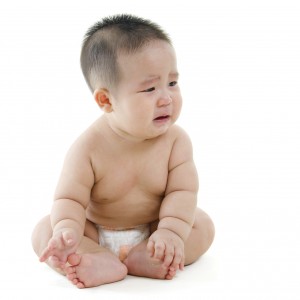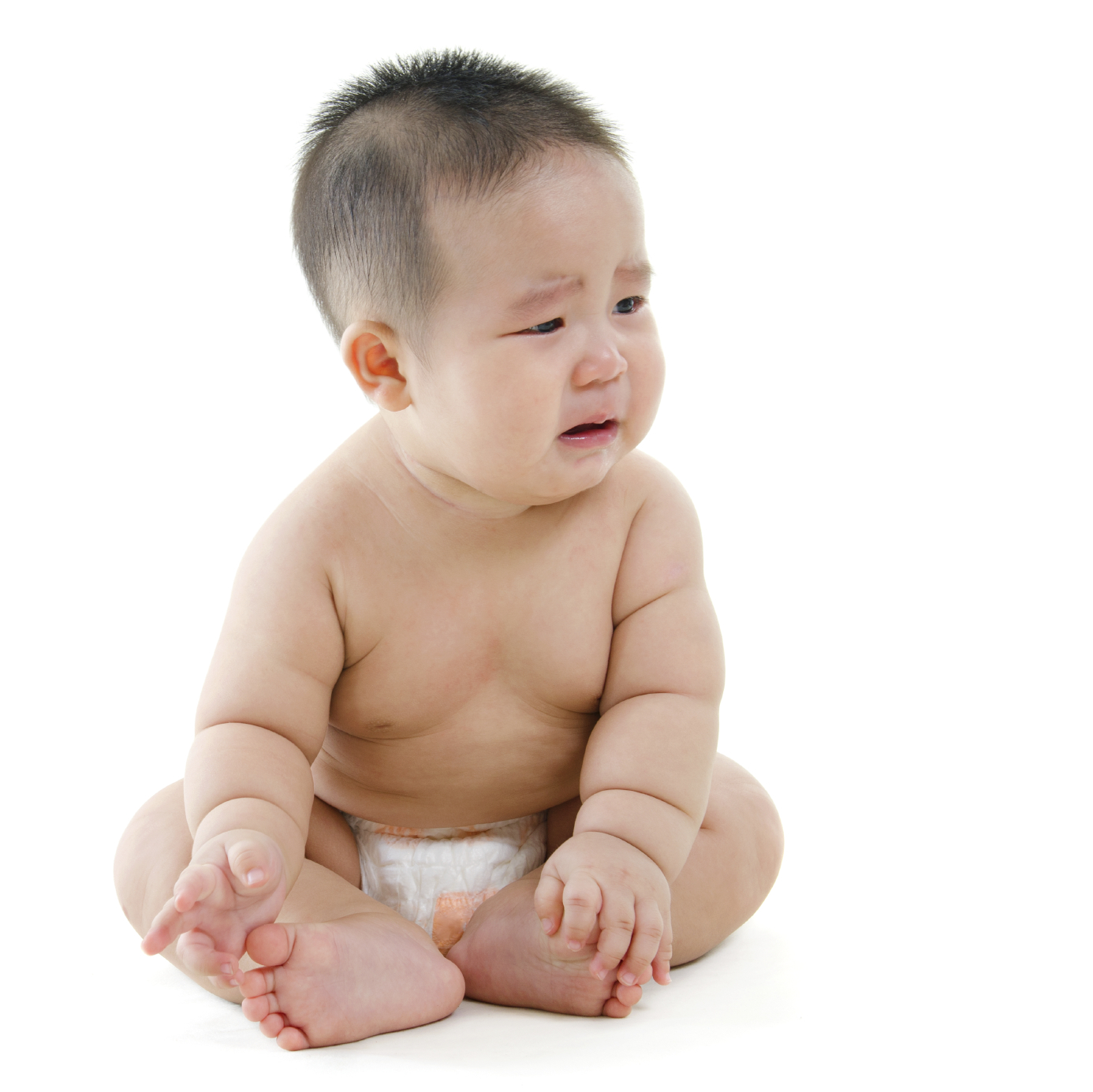This post is also available in Dutch.
When adults suffer from anxiety or depression, they are often prescribed antidepressant medication called SSRIs. But the same medication may have the complete opposite effect on babies, possibly leading to depression and anxiety later in life. Researchers call this phenomenon the “SSRI paradox.”
 Some researchers propose that babies exposed to SSRIs in utero or in early infancy may be more likely to experience depression and anxiety in adulthood. Image: iStockphoto.com
Some researchers propose that babies exposed to SSRIs in utero or in early infancy may be more likely to experience depression and anxiety in adulthood. Image: iStockphoto.com
You may be wondering why babies are being prescribed an antidepressant medication. Well, that’s not exactly the situation. It turns out that depression is quite common among pregnant women – 13-20% suffer from it. When a depressed woman goes into labor, her child is more likely to be premature, underweight, or admitted to the neonatal intensive care unit at birth. To avoid these complications, clinicians often prescribe Selective Serotonin Reuptake Inhibitors (SSRIs) due to their limited side effects. However, because SSRIs can pass through the placenta and are secreted in breast milk, when mothers take SSRIs, their babies take them too.
SSRIs increase serotonin signaling
SSRIs can have some pretty dramatic effects on the brain because they target the serotonin system. Serotonin is a signaling molecule involved in a number of processes, including mood regulation. Normally, brain cells reabsorb serotonin soon after releasing it to prevent continuous signaling. SSRIs temporarily block this process so that the serotonin cannot be reabsorbed. As a result, more and more serotonin builds up in the space between brain cells as they are activated. More serotonin means more serotonin signaling— which can reduce anxiety and depression symptoms for adults.
The paradoxical effect of serotonin
But for a developing brain, it’s a different story because serotonin also regulates the growth, connectivity, and migration of developing neurons. So if fetuses are exposed to high serotonin levels, their brains might develop abnormally. Study after study has demonstrated that rodents exposed to SSRIs during development and early infancy display more anxiety- and depression-like behaviors in adulthood than normal rats. For humans, the results are more complex. Some studies have found that SSRI exposure causes slightly increased anxiety and social-emotional issues in young children, but most studies have shown no effect.
Interestingly, some researchers suggest that SSRI-induced anxiety may not develop until after puberty, at least for rodents. Because almost all clinical studies to date focus on children under 6 years, this finding may explain why most found no influence of SSRIs on anxiety. But it’s also possible that the SSRI paradox simply does not exist in humans.
Hopefully, future long-term clinical studies will demystify the SSRI paradox.
This blog was written by Juliette
Edited by Piray and Lieneke
